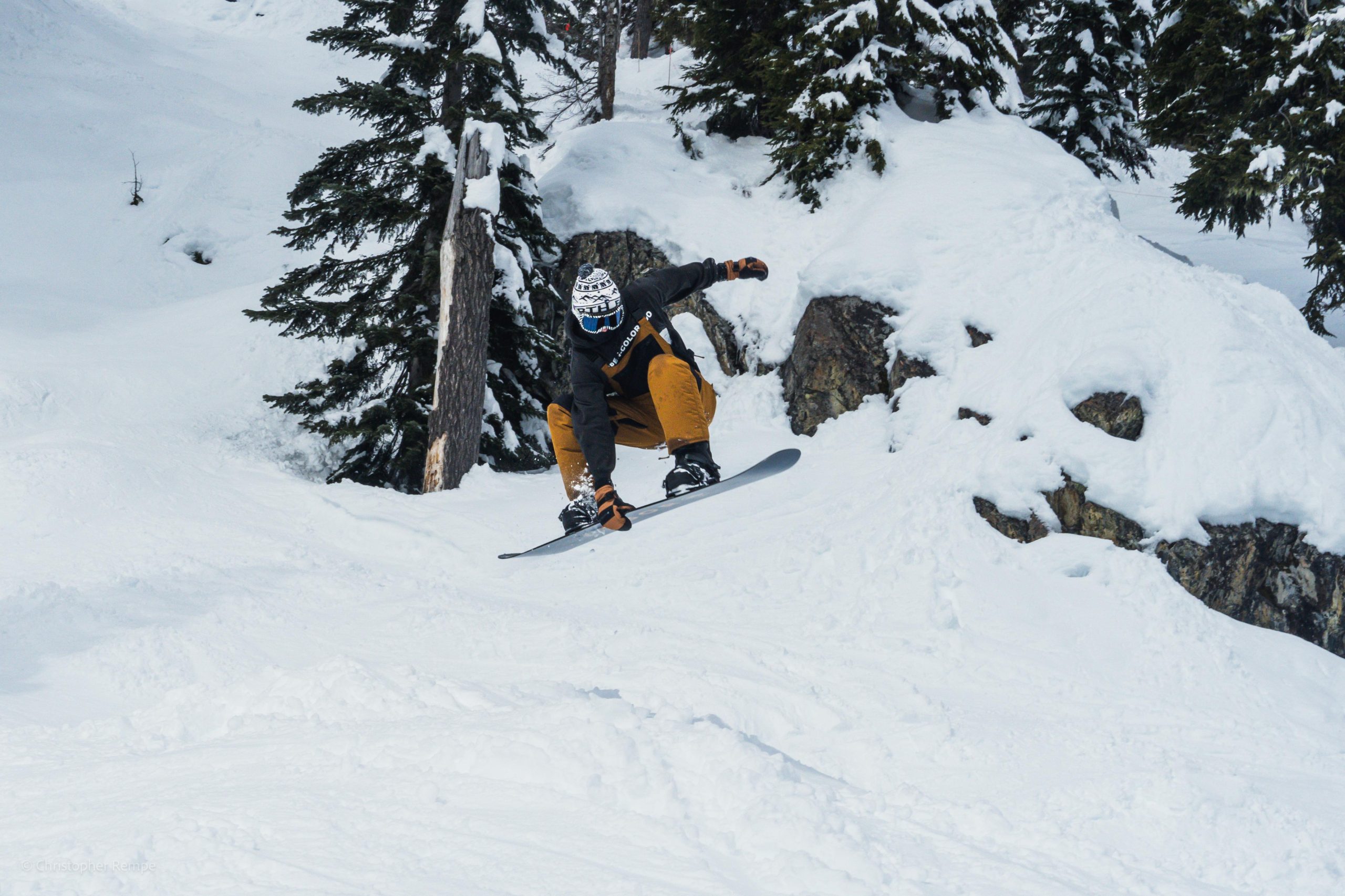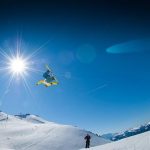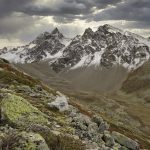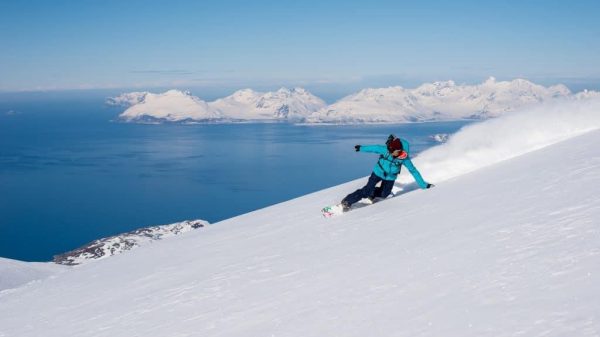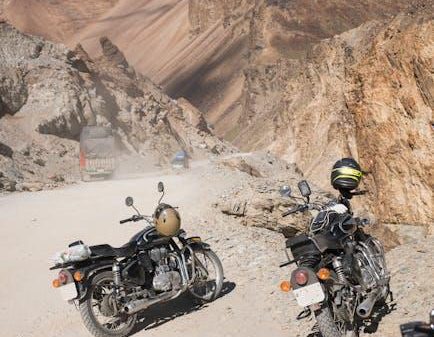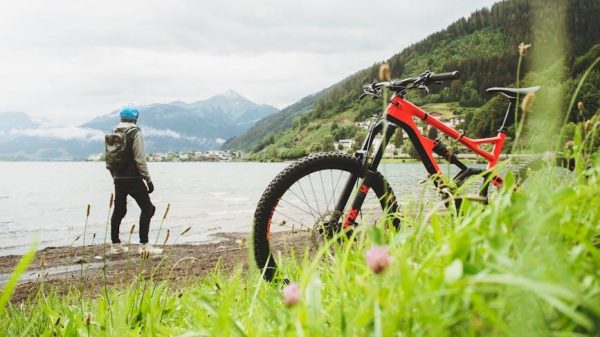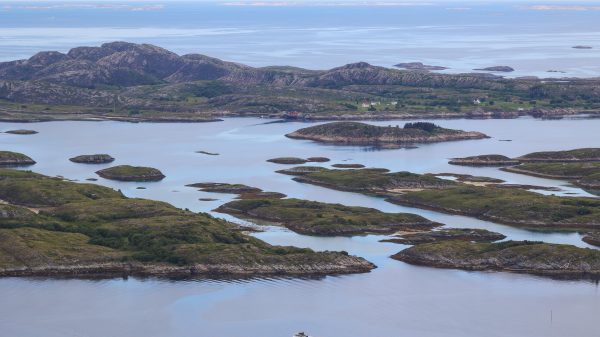In the world of winter sports, the allure of pristine, untouched snow in backcountry areas is irresistible, promising adventure and freedom beyond the confines of groomed trails. For snowboarders, the backcountry offers a canvas of endless possibilities, where the only limits are those set by nature itself. Yet, as enticing as it is, this realm is not without its shadows. The thrill of carving through fresh powder comes hand in hand with the formidable challenges of unpredictable terrain, avalanche risks, and the necessity for survival skills. This begs the question: is snowboarding in backcountry areas too dangerous for beginners, or is it a rite of passage that can be navigated with the right preparation and mindset? Join us as we delve into the depths of this debate, exploring the balance between risk and reward, and uncovering whether the call of the wild is one that beginners should answer—or if it’s best left to the seasoned pros.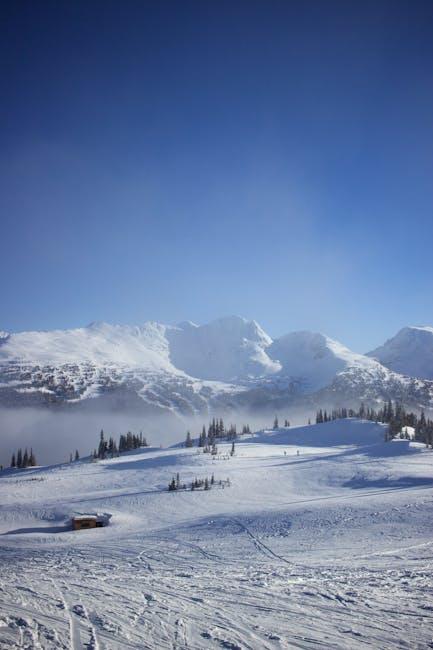
Navigating the Risks Understanding the Backcountry Terrain
Understanding the intricacies of backcountry terrain is crucial for anyone looking to venture beyond the groomed slopes. This realm offers a raw and exhilarating experience, but it also comes with its own set of challenges and risks. Beginners need to be particularly mindful of several key aspects when exploring these untamed landscapes:
- Variable Snow Conditions: Unlike controlled ski resorts, backcountry areas can have unpredictable snow quality, ranging from powdery bliss to icy hazards.
- Hidden Obstacles: Natural terrain hides potential dangers like rocks, tree wells, and sudden drop-offs, which require heightened awareness and quick reflexes.
- Avalanche Risks: Understanding avalanche warnings and carrying safety gear, such as beacons and probes, is non-negotiable for any backcountry adventure.
- Navigational Skills: Without marked trails, strong map-reading and GPS skills are essential to avoid getting lost in the expansive wilderness.
To safely enjoy the backcountry, beginners should consider joining guided tours or taking avalanche safety courses. By respecting the terrain and preparing adequately, the thrill of snowboarding in these majestic environments can be both exhilarating and safe.
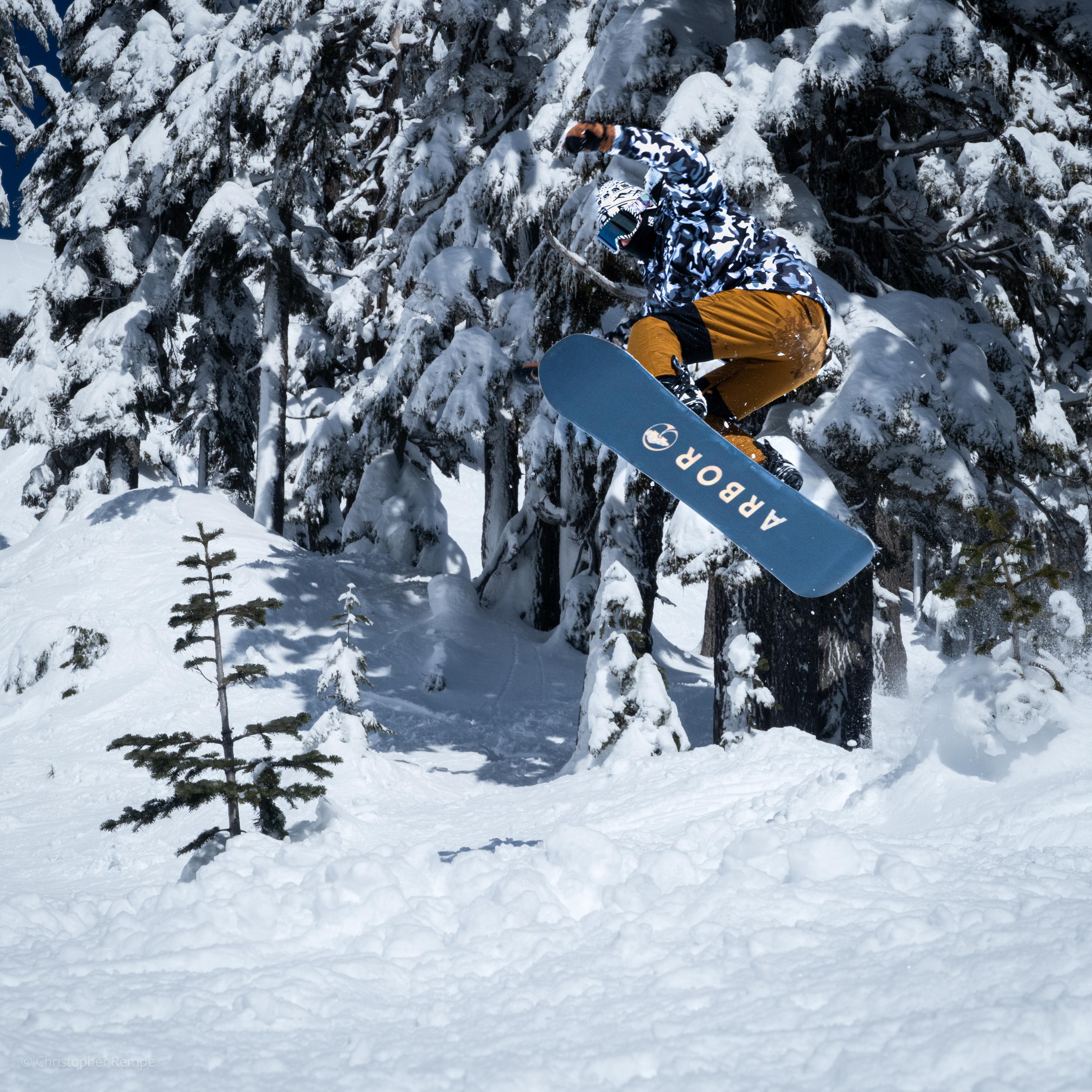
Essential Gear and Safety Tips for Novice Snowboarders
Venturing into the world of snowboarding, especially in backcountry areas, requires more than just enthusiasm. Ensuring you’re equipped with the right gear and safety knowledge is paramount. Begin with the essentials: a quality snowboard that suits your skill level, a well-fitted helmet, and protective goggles. Layer up with moisture-wicking base layers and waterproof outerwear to keep warm and dry. For safety, a transceiver, probe, and shovel are crucial when navigating the unpredictable backcountry terrain.
- Bindings: Ensure they are correctly adjusted for your boots and riding style.
- Boots: Comfort and support are key; choose boots that offer both.
- Backpack: A compact, durable backpack to carry essentials like water, snacks, and a first-aid kit.
- Gloves: Insulated and waterproof to keep your hands warm and dry.
Beyond gear, understanding and respecting the mountain environment is crucial. Beginners should always check avalanche forecasts and weather conditions before heading out. Enroll in an avalanche safety course and practice your skills regularly. Never venture alone; always ride with a buddy or in a group. Adopting a safety-first mindset will enhance your experience and ensure you make the most of your backcountry adventure.
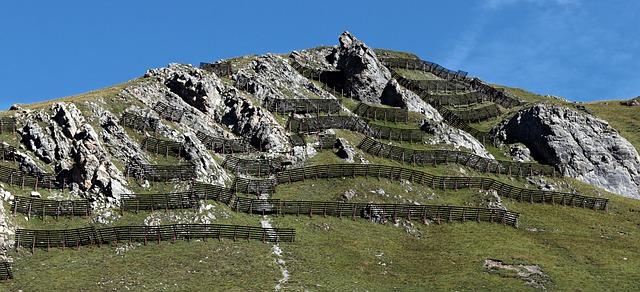
Mastering Avalanche Awareness and Survival Skills
Venturing into the backcountry with a snowboard can be an exhilarating experience, but it demands a keen understanding of the natural hazards that lurk beneath the pristine snow. Developing a robust skill set for recognizing and navigating avalanche-prone areas is not just an option—it’s a necessity. Before carving your path through untouched powder, equip yourself with essential survival skills that include:
- Terrain Analysis: Learn to read the landscape, identifying slopes that are more likely to avalanche.
- Snowpack Evaluation: Understand the layers of snow and how they interact, which is critical in assessing stability.
- Weather Monitoring: Keep abreast of weather conditions, as changes in temperature and precipitation can dramatically alter the risk levels.
- Rescue Techniques: Master the use of avalanche transceivers, probes, and shovels to efficiently locate and rescue a buried companion.
Building confidence in these areas through practice and education can transform a potentially perilous adventure into a safe and rewarding experience. Remember, the backcountry is a classroom with no walls, and every trip offers an opportunity to learn and grow.
Choosing the Right Backcountry Routes for Beginners
Embarking on a snowboarding adventure in the backcountry can be thrilling, yet choosing the appropriate route is crucial for beginners. Start with well-traveled paths where the terrain is more predictable and rescue services are accessible. Consider areas with a gentle slope and minimal obstacles, which are ideal for honing basic skills while maintaining safety. Resources like guidebooks or local snowboarding clubs can offer insights into the best beginner-friendly routes.
- Research the Terrain: Use maps and apps to understand the topography and potential hazards.
- Check Avalanche Forecasts: Always review the latest avalanche warnings and avoid areas with high risk.
- Join a Guided Tour: Gain confidence by starting with an expert-led group familiar with the area’s conditions.
- Prioritize Safety Gear: Equip yourself with essentials like a beacon, probe, and shovel.
Remember, the key to a successful backcountry experience is balancing adventure with safety. As you become more familiar with the environment and your capabilities, gradually explore more challenging routes, always prioritizing informed decision-making and proper preparation.
